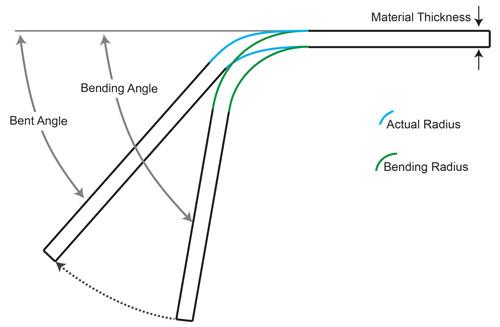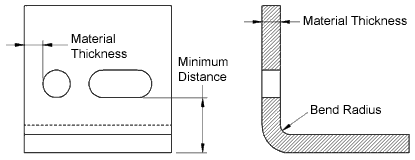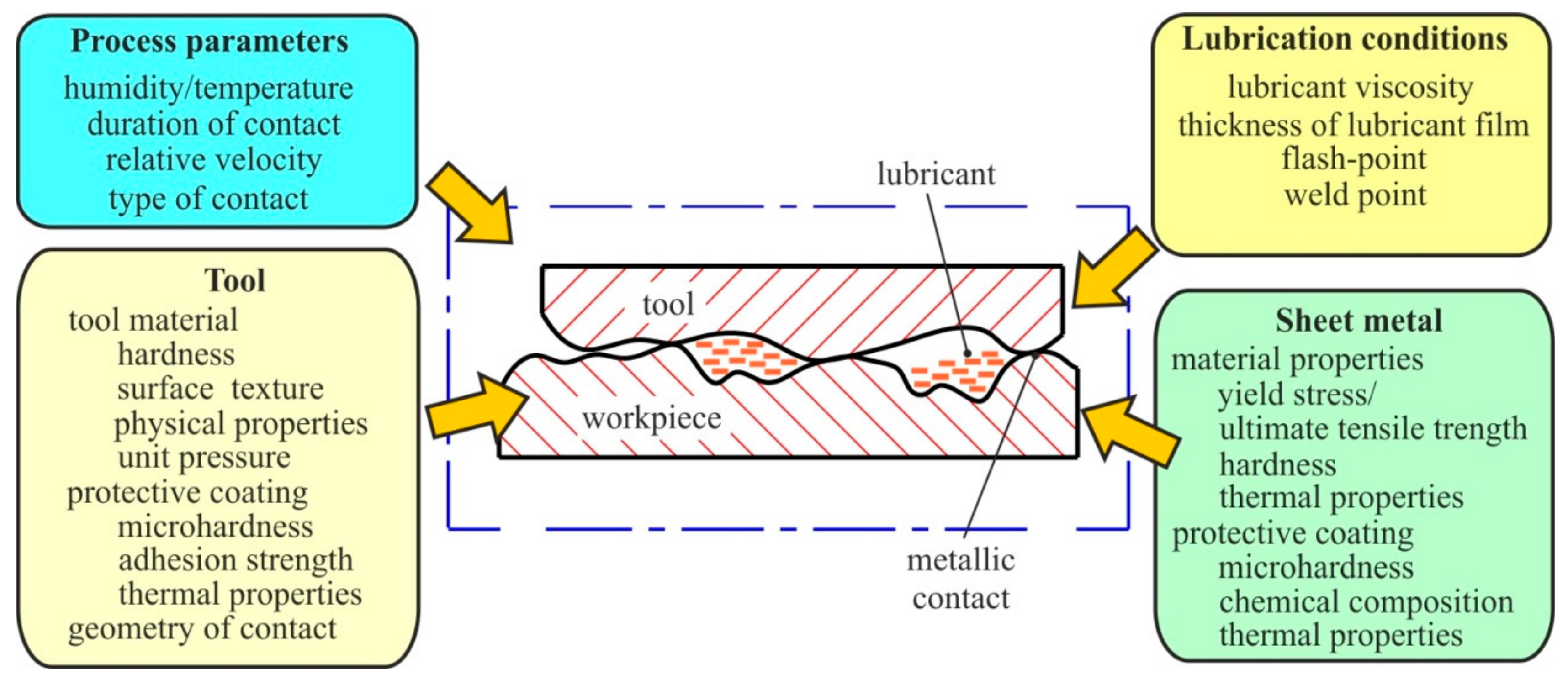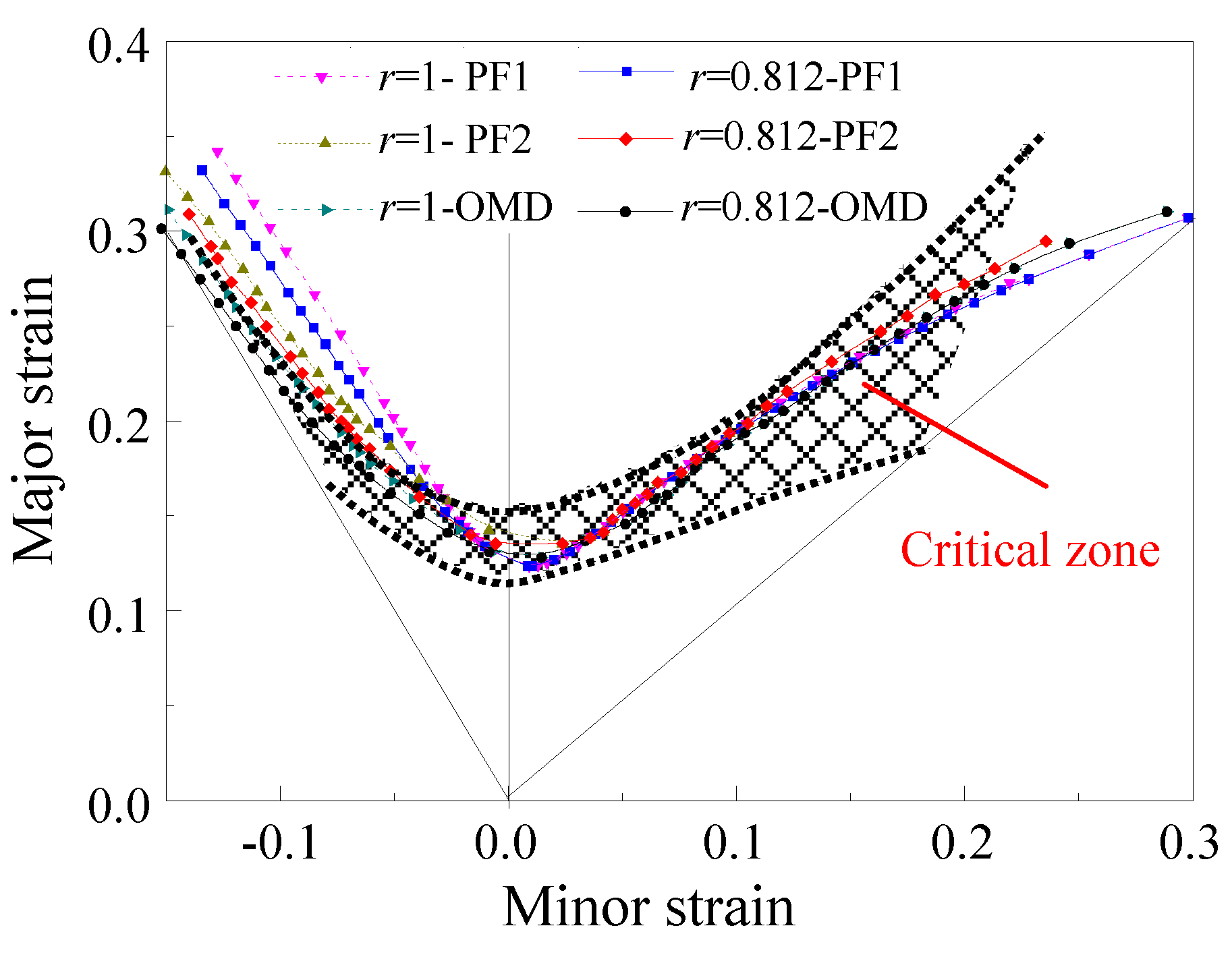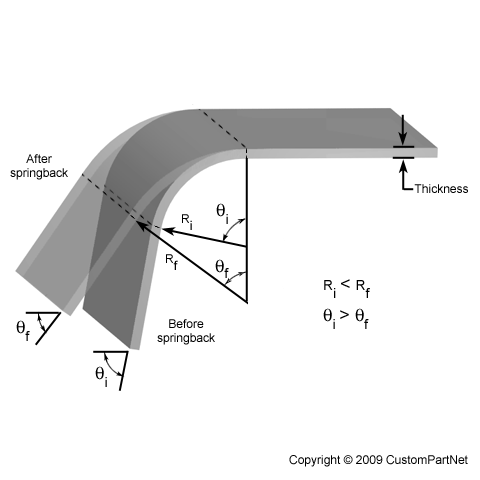Because sheet metal parts are manufactured from a single sheet of metal the part must maintain a uniform wall thickness.
Deformation of sheet metal based on thickness.
Extremely thin sheets are considered foil or leaf and pieces thicker than 6 mm 0 25 in are considered.
Thicknesses can vary significantly.
Increases in clearance or total sheet thickness will decrease the percent of burnish region.
Deformation can be reduced although not prevented entirely by paying attention to.
When designing parts for laser cutting one should not make holes smaller than the thickness of the material.
The more ductile the metal the greater the thickness of the burnish relative to total sheet thickness.
In sheet forming a sheet blank is plastically deformed into a complex three dimensional configuration usually without any significant change in sheet thickness and surface characteristics.
For sheet metal parts the thickness is the same everywhere.
Sheet metal fabrication is a cold processing process which is commonly used for punching bending drawing and forming.
Mishra in friction stir processing for enhanced low temperature formability 2014.
Sheet metal usually refers to a thin metal plate with a thickness of 6 mm or less.
It varies according to material its thickness bend radius and bending method.
Sheet metal is one of the fundamental forms used in metalworking and it can be cut and bent into a variety of shapes countless everyday objects are fabricated from sheet metal.
Basically the k factor offsets the neutral line to provide a flat pattern that reflects reality.
Rolling metal into sheet form at the mill elongates the metal crystals and gives it a grain.
It is customary to refer to a material below the thickness of 6 35 mm as a sheet and thicker materials as plate.
Hardness and thickness variation.
Burnish zones on the hole in the sheet metal occur at the top.
Because this book is limited to bend forming which is the.
2 6 work of plastic deformation 24 2 7 work hardening hypothesis 25 2 8 effective stress and strain functions 26 2 9 summary 27 2 10 exercises 27 3 deformation of sheet in plane stress 30 3 1 uniform sheet deformation processes 30 3 2 strain distributions 31 3 3 strain diagram 31 3 4 modes of deformation 33 3 5 effective stress strain laws 36.
Sheet metal forming is quite common for making shaped components from soda cans to automotive car bodies.
Sheet metal parts with a minimum of 0 9mm to 20mm in thickness can be manufactured.
It extends into metal for about 5 to 40 of metal thickness.
Sheet metal is metal formed by an industrial process into thin flat pieces.
In bulk forming the input material is in billet rod or slab form and a considerable increase in the surface to volume ratio occurs in the formed part.

